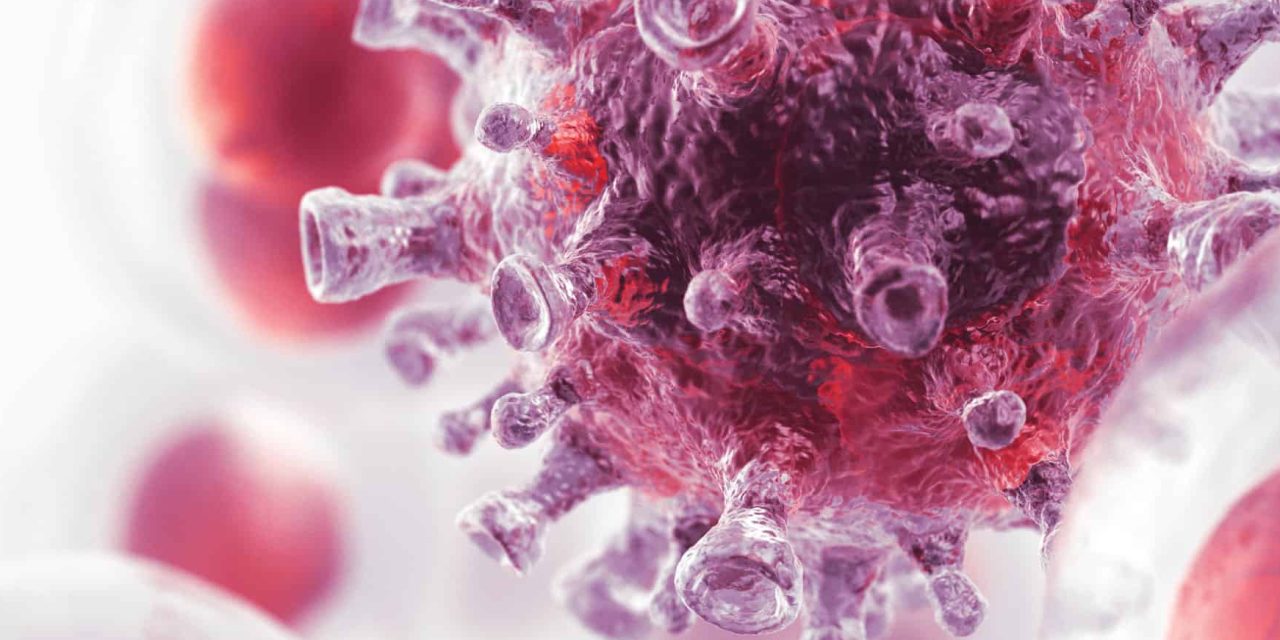Liquid-liquid phase separation (LLPS) of protein solutions has been usually related to strong protein-protein interactions (PPI) under certain conditions. For the first time, we observed the LLPS phenomenon for a novel protein modality, peptide-fused monoclonal antibody (pmAb). LLPS emerged within hours between pH 6.0 to 7.0 and disappeared when solution pH values decreased to pH 5.0 or lower. Negative values of interaction parameter (k) and close to zero values of zeta potential (ζ) were correlated to LLPS appearance. However, between pH 6.0 to 7.0, a strong electrostatic repulsion force was expected to potentially avoid LLPS based on the sequence predicted pI value, 8.35. Surprisingly, this is significantly away from experimentally determined pI, 6.25, which readily attributes the LLPS appearances of pmAb to the attenuated electrostatic repulsion force. Such discrepancy between experiment and prediction reminds the necessity of actual measurement for a complicated modality like pmAb. Furthermore, significant protein degradation took place upon thermal stress at pH 5.0 or lower. Therefore, the effects of pH and selected excipients on the thermal stability of pmAb were further assessed. A formulation consisting of arginine at pH 6.5 successfully prevented the appearance of LLPS and enhanced its thermal stability at 40 °C for pmAb. In conclusion, we have reported LLPS for a pmAb and successfully resolved the issue by optimizing formulation with aids from PPI characterization.Copyright © 2020. Published by Elsevier Inc.
Resolving Liquid-Liquid Phase Separation for a Peptide Fused Monoclonal Antibody by Formulation Optimization.


